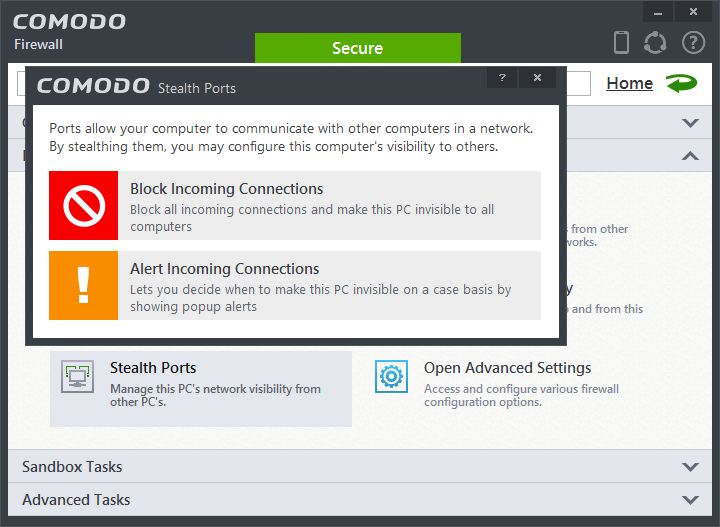So, what is the problem with computer Internet security? Most people simply do not understand how much their lives revolve around computers and, in recent years, the Internet. It is likely that if you own a computer, as do more and more people, you also spend some time visiting the Internet, whether for your hobbies, shopping, for education or for purposes Communication. We should not be surprised to learn that, in addition to the many benefits that come with it, there is also the sinister side of using computers and the Internet. This is represented by the criminal elements, who see the Internet as a great opportunity to make personal gains through illegal activities designed to steal and deceive innocent users. Some of these more common methods include:
1. Computer Piracy or illegal intrusion into the contents of your computer. These people known as “hackers” spend most of their work hours trying to find ways to thwart the Internet security of your computer so you can access your computer content without your knowledge. Using a wide range of underhanded techniques, they can find unsafe areas in software, add malicious code to computer programs, send infected emails, and so on. The ultimate goal is to be able to access the personal and personal information stored on your computer. Bank account details, credit card numbers, and private passwords that the hacker can then use to steal your money, among other things, are particularly appreciated.
2. Online scams and frauds are becoming more commonplace. In recent years, a scam called “phishing” has become very popular. These are cyber criminals who claim to be employees of bona fide financial institutions, such as major banks and credit card companies, who send very genuine emails asking people to confirm their passwords and account information. banking. Most people, by their very nature, have enough trust in established institutions such as banks and are very willing to comply with such requests sent by email. Even the online gaming community has been hard hit by this type of scam or fraud. This helps to explain the sharp increase in phishing schemes in recent years.
3. Identity theft is also on the rise. Once the hacker has access to all your confidential information, it is very easy for another person to assume your identity, especially in online transactions, where no physical contact is required.
4. Viral infections may not seem as dangerous as some of the aforementioned Internet security threats, but they can go from being just annoying by slowing down the speed of your computer or turning it into a disaster by erasing all information stored on your computer. Hard disk storage system. Imagine the damage a big business could cause if all the information stored in its computer system was suddenly lost!
5. Spyware, as the name implies, is a program used to spy on you and illegally obtain confidential information. Unless you have adequate protection to prevent this, you will not even know that spyware has infected your computer. Once there, his main job is to gather information, particularly sensitive data such as credit card account numbers, bank account information, passwords, etc., and then secretly retransmit them. to its creator, who then uses them to steal money and anything of value. with this private information. This type of program is so secret that some reports claim that 92% of people who have spyware on their computer did not realize it before it’s too late.
6. Adware infections are simply annoying because they expose unwanted ads on your computer. Shareware programs, which can be downloaded for free, are major sources of adware infections. The bad news is that adware often also contains spyware, which, as we have seen, is much more dangerous to have on your computer.
